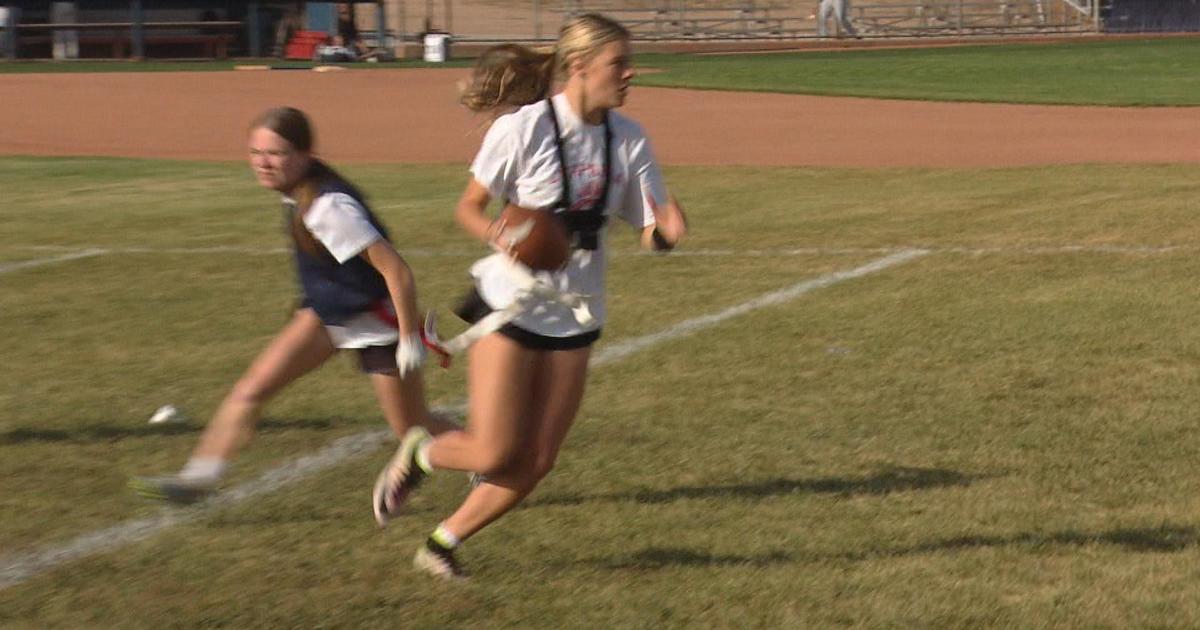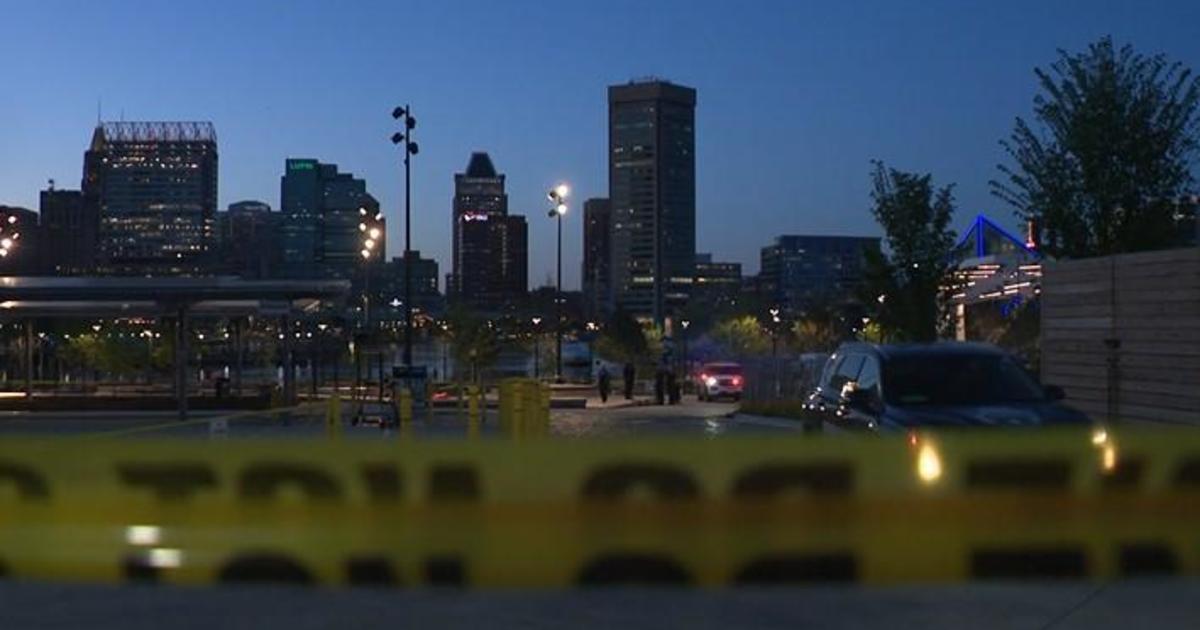Fitness Programs For Police And Firefighters
HAGERSTOWN, Md. (AP) -- With a smooth, even stride, Robert McKenzie easily completed a 1 1/2-mile run on the track at North Hagerstown High School.
But the 44-year-old Hagerstown police officer wasn't running for fun. He was completing part of a physical fitness test that new officers have been required to take since 2006.
"It helps if you stay in some kind of shape," McKenzie, who joined the force three years ago, said after the run. "It helps to
know that if I'm (in trouble) up on a third floor, another officer will be able to get to me fairly quickly."
Kevin DeHaven, safety and loss control coordinator for the City of Hagerstown, said the physical training program nets a huge discount for the city in workers' compensation premiums.
In fiscal year 2009, he said, the program produced $1.29 million in savings.
"That program pays off in the long run," DeHaven said. "We're always looking for ways to cut costs, and that's a healthy
workforce."
He said the Hagerstown Fire Department has a similar program that gives firefighters time at the beginning of their shifts to exercise.
Sgt. Jim Robison, one of the police department's four physical training officers, said officers who joined the force after 2006 have to take the test.
Test takers have a time limit in which to perform a certain number of push-ups and sit-ups, and complete a 1 1/2-mile run within the 40th percentile of their age group.
A 20- to 29-year-old male, for example, has one minute to do 38 sit-ups, one minute to do 29 push-ups and 12 minutes and 29 seconds to complete the run.
The exercises for the test were chosen by the Cooper Institute, a Dallas-based fitness research organization that develops training standards for police, fire and other agencies.
Stephen Farrell, science officer for the Cooper Institute's Division of Education, said the exercises were selected because
they measure endurance, and abdominal- and upper-body strength, which are physical attributes that officers use on the job.
He said the Cooper Institute believes that male and female test takers should be held to the same standards to show equality, but the respective agency is permitted to set the benchmarks.
Regardless of an officer's gender, Robison said there is an incentive to pass.
"If you don't pass it, you're not going to proceed," Robison said. "They won't get a raise or a step increase. They're
ineligible to serve on specialized units or get promotions."
Robison said that in addition to taking the physical fitness test, officers are required to sign a letter saying they won't use
any form of tobacco.
"It's a condition of employment," he said.
Robison said police officers rank among the least physically fit professionals in the country. The reasons can be attributed, in part, to stress, continual shift changes and a poor diet caused by grabbing fast food when time allows.
Studies show that public safety workers are more likely to suffer from cardiovascular disease, psychological disorders, and back and other orthopedic issues, Robison said.
To help combat those problems, the police department has a gym with elliptical trainers, treadmills, weights and other exercise equipment to help the officers stay physically fit.
"If you're in shape, you're going to handle it better," Robison said.
Twenty-seven of the department's sworn officers are required to take the test, Robison said. The other 70 officers who were hired before 2006 are exempt.
Information from: The Herald-Mail of Hagerstown, Md., http://www.herald-mail.com
(Copyright 2012 by The Associated Press. All Rights Reserved.)



